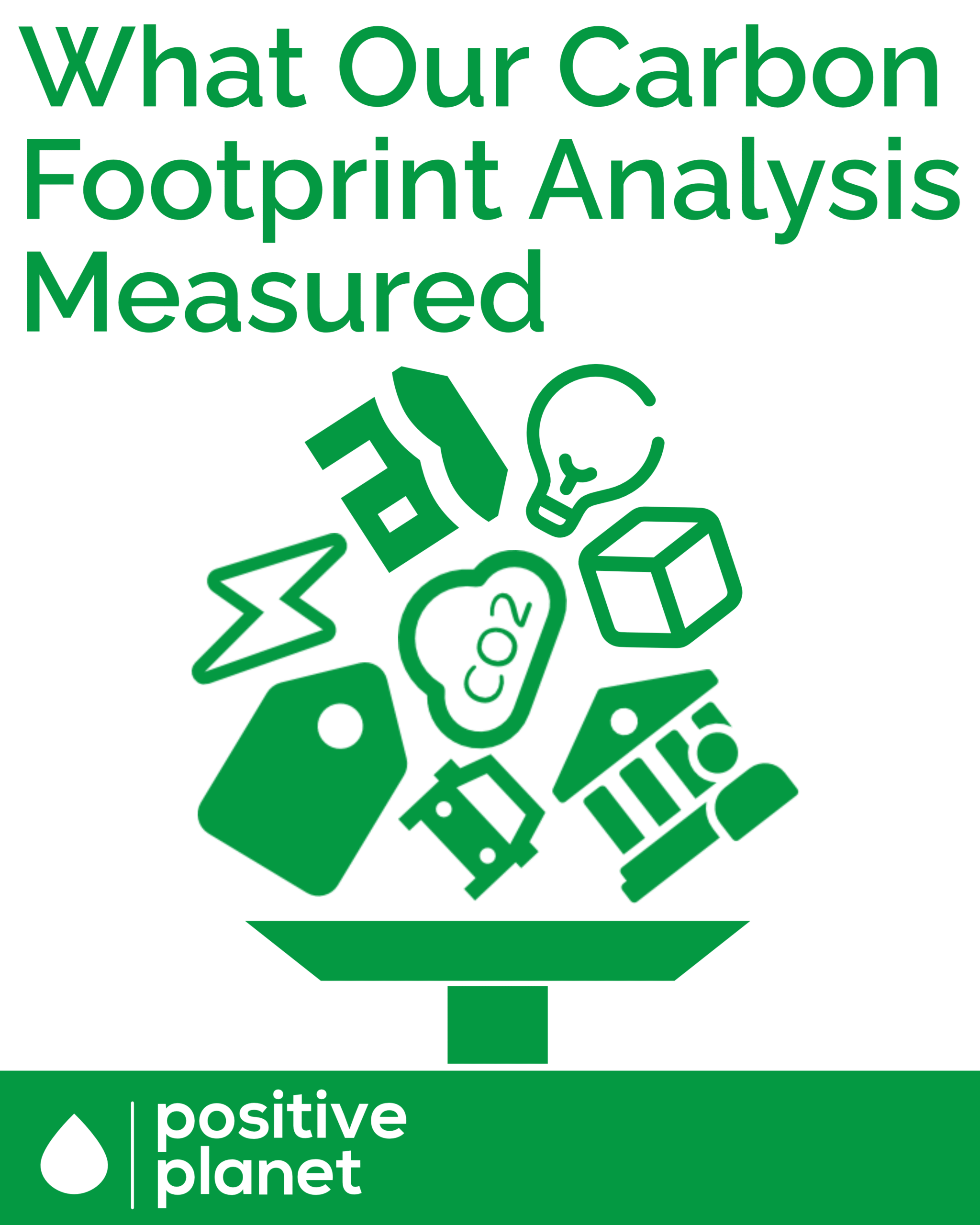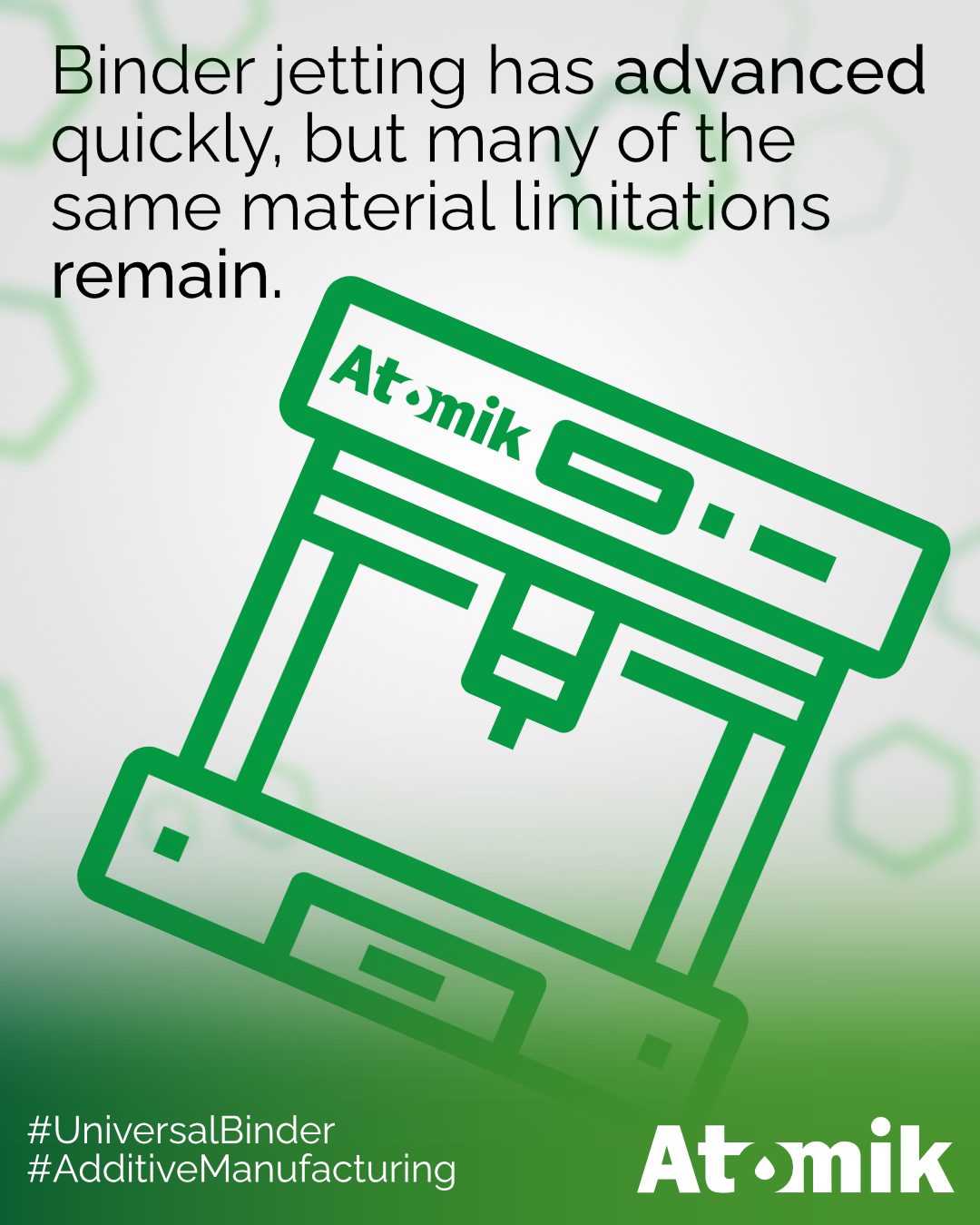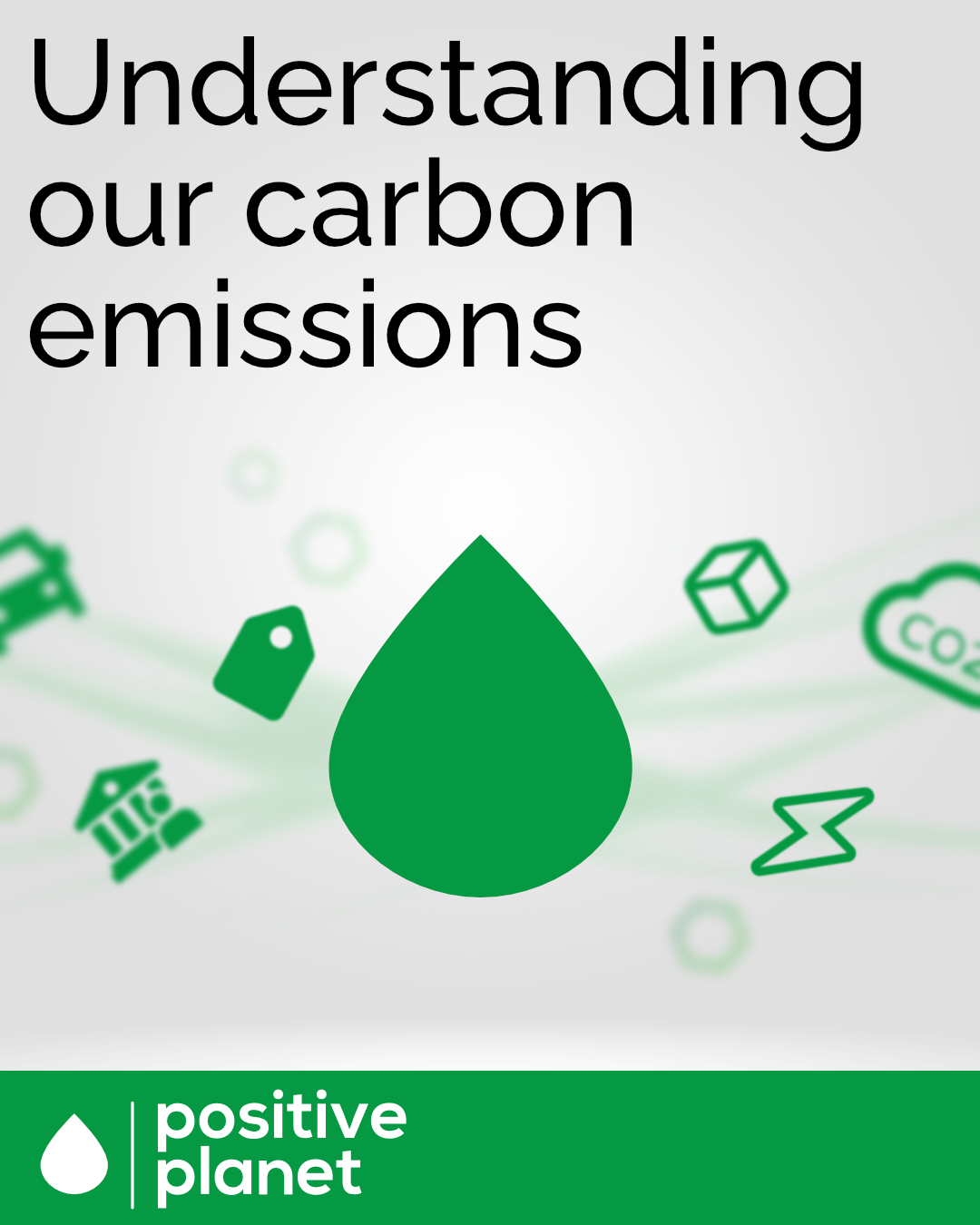The world of advanced manufacturing is a rapidly changing landscape. New technologies, more demanding production goals, and constant pressure to innovate mean that the old way of working with suppliers no longer meets the needs of modern manufacturers.
The traditional supplier relationship has often been viewed as a straightforward transaction. A customer places an order, the supplier fulfils it, and the process ends there. While this approach might work for standard commodities, it falls short in industries where materials performance, technical precision, and process reliability are essential. In advanced manufacturing, this transactional model no longer meets the demands of our complex projects.
At Atomik AM, we believe this traditional approach is no longer enough. Transactional supplier relationships often lack the collaboration and depth required to tackle complex manufacturing challenges. The biggest advancements in our industry do not happen through one-off sales. They are the result of long-term partnerships, where both sides work together to solve problems, share expertise and drive progress.
Why Solutions-Focused Partnerships Deliver More
Solutions-focused partnerships stand in clear contrast to conventional transactional relationships, as they are fundamentally rooted in collaboration and the mutual exchange of technical knowledge, rather than being limited to the simple commercial exchange of goods and services. Such partnerships demand far more from both parties than the straightforward provision of products; they rely on the continuous sharing of specialised expertise, a high level of trust, and a joint commitment to developing new methodologies, refining processes, and identifying opportunities for advancement throughout the entire lifecycle of a project.
At Atomik AM, we believe that the most meaningful and commercially valuable outcomes emerge from deeply integrated collaborations where both sides work in unison to address highly specific technical challenges, not from isolated supplier interactions, Through open dialogue and sustained technical engagement, we are able to uncover potential issues at the earliest possible stages, enabling us to adjust formulations, process parameters and production techniques as quickly and efficiently as possible.
This approach to collaboration is not only useful for resolving immediate technical hurdles; it also fosters long-term relationships that serve as a foundation for continuous improvement and innovation. This approach allows both parties to evolve together in response to emerging market demands and technological shifts. Rather than providing an off-the-shelf product and retreating from the process, we remain embedded throughout the project, offering a steady flow of technical insight, data analysis, and hands-on problem-solving support.
Solutions-focused partnerships deliver superior results precisely because they harness the combined technical capabilities, industry experience, and creative problem-solving approaches of both organisations. This kind of partnership also helps in achieving our sustainability goals. Through working closely together to co-develop solutions, processes and materials are optimised more effectively. This leads to less material waste, fewer production errors, and more efficient energy use, which directly reduces environmental impact.
The Measurable Impact of Supplier Collaboration
We are working with a European parts manufacturer that uses binder jet printing to produce functional components at commercial scale. Their production line had been hit with rising costs and delays caused by issues with the industry-standard binder, including frequent print head replacements and long curing times for green parts. These problems were driving up both time and expenses.
Rather than applying a one size fits all fix, we partnered closely with their team by bringing together their manufacturing expertise and our materials chemistry know-how. The results so far show that our Universal Binder eliminates print head damage, reduces carbon content after sintering, and requires little to no thermal curing time. Altogether, this delivers major cost savings for the customer.
In another collaboration, we partnered with a customer to tackle an aluminium recycling project that aimed to transform waste into energy using fuel cell technology. A conventional supplier relationship would not have delivered the results needed. Instead, we engaged in continuous dialogue, testing and refining solutions together until we arrived at a breakthrough that provided long-term value for both businesses.
These projects are proof of what can happen when manufacturers and partners move beyond transactions and commit to true collaboration. The outcomes go beyond solving immediate problems. They spark new ideas, drive innovation, and lay the groundwork for ongoing success.
Why It Matters
The future of advanced manufacturing depends on moving beyond outdated transactional models and embracing partnerships that are built on shared expertise, long-term thinking, and a common commitment to solving complex challenges. Solutions-focused partnerships do more than improve processes and accelerate innovation, they also drive meaningful progress towards greater sustainability.
At Atomik AM, we see solutions-focused partnerships as essential not only for driving innovation and efficiency but also for advancing sustainability. By working closely together, manufacturers and their partners can co-develop processes and materials that reduce waste, improve energy efficiency, and extend product lifecycles. These partnerships create the space to experiment with new approaches, refine them quickly, and apply them in ways that deliver measurable environmental benefits alongside performance improvements.
When manufacturers and partners commit to this way of working, they unlock opportunities that go far beyond what a transactional approach can offer. They gain the ability to innovate, adapt and create solutions that are better for business and better for the planet. If you are ready to move beyond transactional relationships and explore how a solutions-focused partnership can drive innovation, efficiency, and sustainability in your business, we are open to collaboration.




